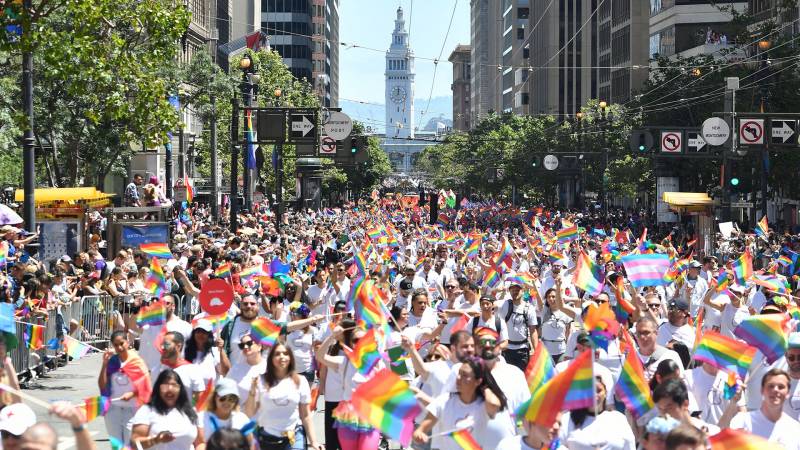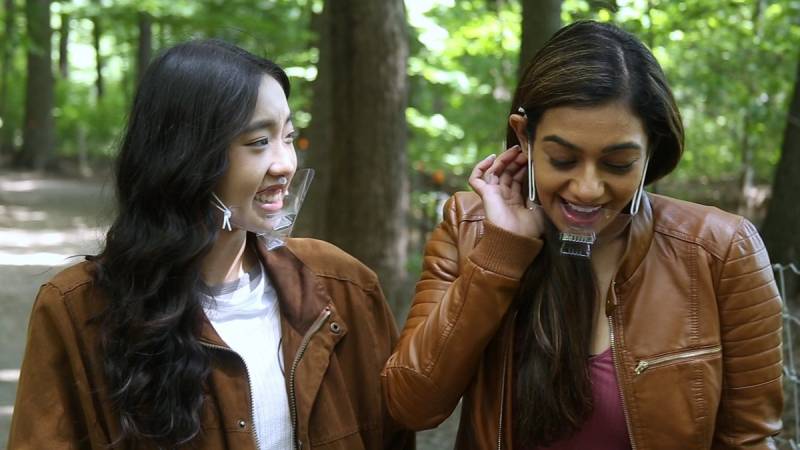“T
hings have changed.” These were the resigned words of Scott Peterson, general manager of San Francisco’s leather and cruise bar Powerhouse.
It’s been nearly two years since Peterson and his patrons have been able to celebrate Pride in proper style, with cruising, a wet underwear contest and, of course, lots of dancing and mingling.
Although Governor Gavin Newsom announced a plan to remove most COVID restrictions on June 15, Peterson was wary and decided not to plan a big event. Several uncertainties hung in the air: Would Pride celebrants be ready to party in a crowded space after a year of distancing? And would tourism return to San Francisco? Then there were masks—after suggesting that California will lift its mask mandate on June 15, the governor clarified that may not be the case for all indoor activities. That left Peterson hesitant. “It would be nice to see everybody smile,” he said, adding, “I’m not even sure if we’ll be able to do the Folsom Street Fair in September.”
Over a year of the pandemic has left its mark on Powerhouse and its manager. The bar is weighed down by a sizable debt, and requirements like table service and masking have dulled its dive bar vibe. Though businesses will be able to operate at 100% capacity come June 15, Peterson was reluctant to promise a party that might not come together.
While some in-person celebrations are still happening this year, 2021 will be a year of adjustment for LGBTQ+ artists, performers and events presenters, for whom June is typically the busiest month of the year.

The main Pride celebrations are going to be muted this year. Billed as “the best version of what is possible at this time,” there will be no centerpiece Pride parade, and the planned Pride Expo—which would have replaced the annual street celebration in the Civic Center—has been cancelled due to the uncertainty surrounding changing COVID restrictions. That leaves two film screenings in conjunction with the Frameline Film Festival at Oracle Park on June 11–12 and a Black Liberation Event in conjunction with the African American Art & Culture Complex on Juneteenth.





